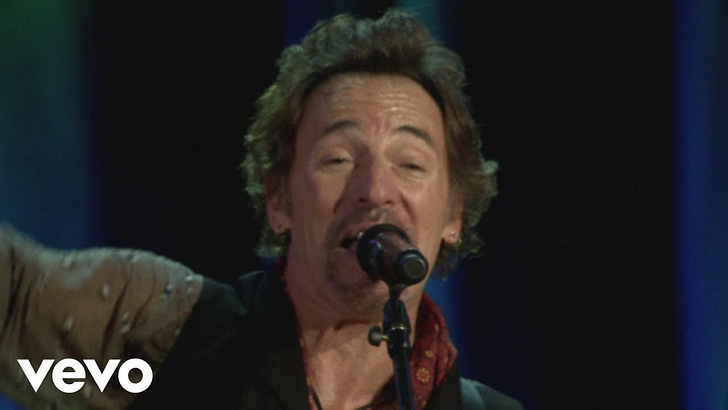Songs That Make Me Cry #1: "American Land"
Why Bruce Springsteen's immigrant song holds a special place in my heart.
I’ve had the idea for this side series since Dan Epstein and I recorded a Crossed Channels podcast about Kate Bush, and I found myself becoming unexpectedly tearful when, listening back to “Wuthering Heights” in preparation, Iain Bairnston’s beautiful guitar solo entered following Kate’s final sung chorus. The connection was visceral, recalling a time o…




